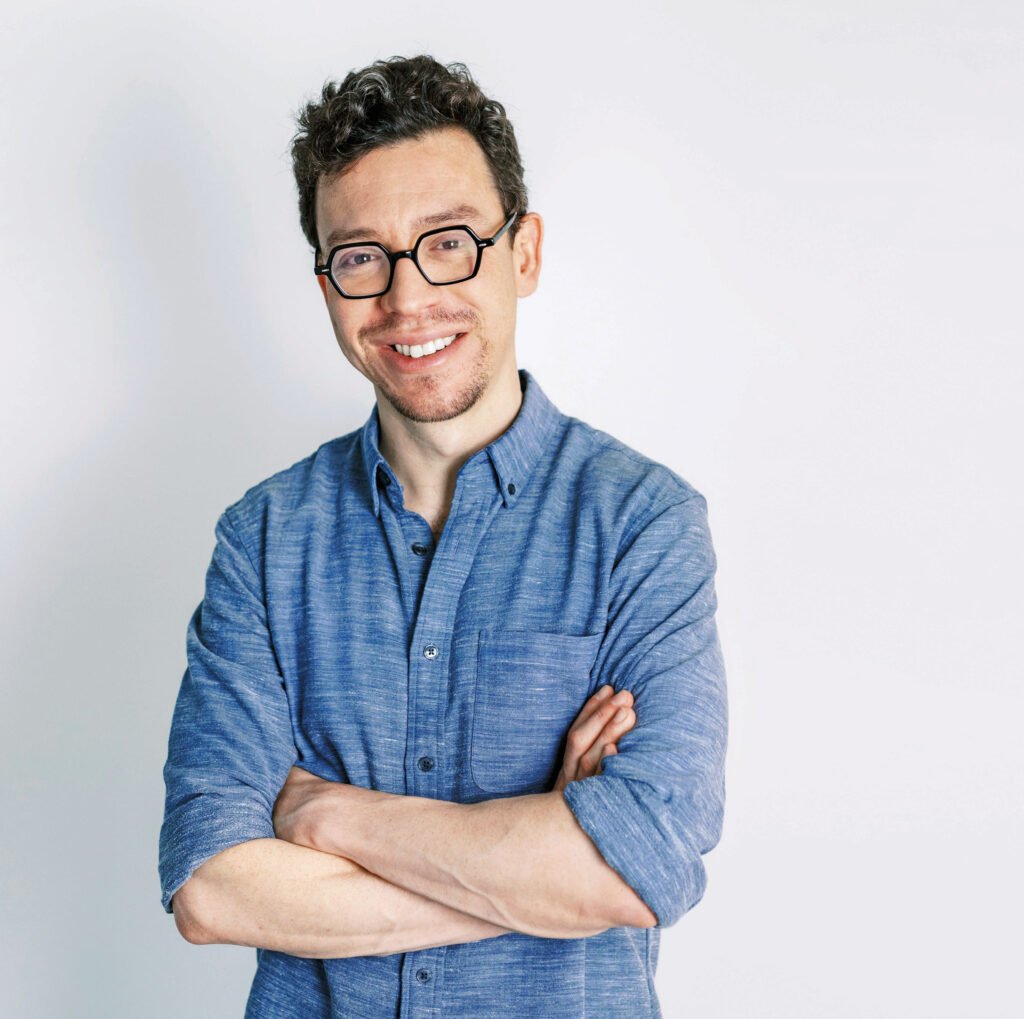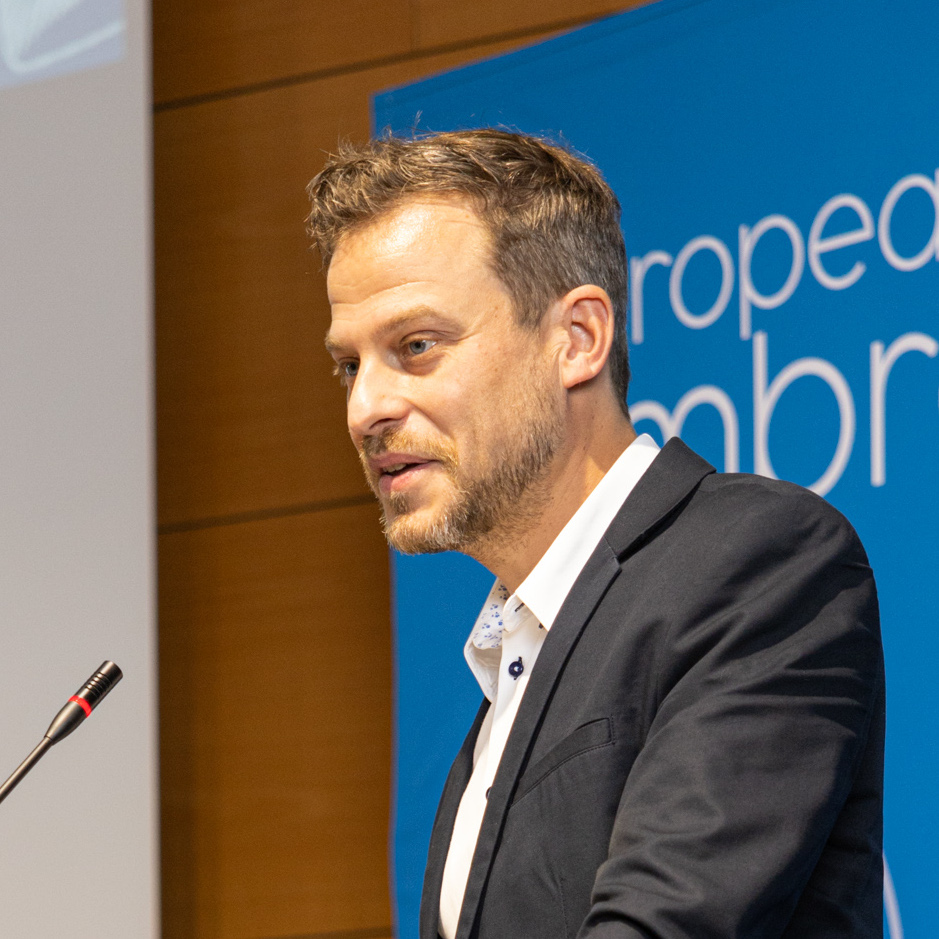CALICO 2024
Confluences and Connections: Bridging Industry and Academia in CALL
May 21-25, 2024, Carnegie Mellon University, Pittsburgh (PA)
Theme
The CALICO 2024 Conference welcomed our members in Pittsburgh, PA, the ‘City of Bridges’!
With its iconic spans symbolizing connectivity and progress, and its rivers joining in a spectacular confluence, Pittsburgh served as the perfect backdrop for this event.
Home to renowned academic institutions (Carnegie Mellon University, Pitt), industry leaders in technology-enhanced learning (Duolingo) and educational games (Schell Games), as well as community networks of innovative educators (Remake Learning), Pittsburgh is a place to explore confluences and make connections.
Against the ever-evolving landscape of technology-enhanced language learning (TELL), our 2024 conference explored the latest advancements, innovations, and best practices in computer-assisted language learning (CALL). The latest advancements in Artificial Intelligence (AI), augmented reality (AR), virtual reality (VR), and extended reality (XR), as well as playful approaches to language learning have been transformative forces in language education, making our field more engaging and effective than ever before. The conferenced explored the dynamic synergy and new opportunities between industry, not-for-profit organizations, and the academic community in order to bring the best out of each other and together chart a course for a brighter, more connected, and generative future in CALL.
Keynote talks
Engaging Education: How Duolingo Leverages Social Media Strategies to Democratize Learning
When technologist Luis von Ahn was developing the widely used mobile language-learning platform Duolingo, he faced a significant challenge: Could an educational app ever compete with the engagement levels of platforms like Instagram and TikTok? In this talk, Dr. von Ahn describes how Duolingo incorporates psychological strategies commonly employed in social media and mobile gaming to boost user engagement and motivation for learning—all while expanding access to education worldwide.

Luis von Ahn, CEO and co-founder of Duolingo
Named one of the 10 most brilliant scientists, 50 Best Brains, and 100 most innovative people, dr. von Ahn is a pioneer and inventor on a mission.
It Takes a Village to Create Impact from Research. Towards Smart Collaboration within the Innovation Ecosystem of CALL
If we want to keep creating impact from research in CALL, we need to (re-)consider our position and way of working with regard to industry, given increasing specialization in our field and the accumulating speed of changes in digital technology. In this talk, I want to make a case for thinking about CALL innovation in terms of the ecosystem in which we operate. I share models of EdTech innovation in Europe where academics and industry collaborate with end users in education and training with a view to creating joint impact. I conclude with suggestions on what we, as applied linguists, should focus on in order to maximize our scientific, economic and societal impact.

Frederik Cornillie, research and valorization manager at KU Leuven
Passionate about (tutorial) CALL, task-based learning, and gaming, dr. Cornillie collaborates with the EdTech ecosystem in order to bring research-based solutions for technology-mediated learning to society.
Hands-on workshops
Workshops took place over two days before and the afternoon after the main conference session and events. These workshops are a great way to get hands-on experience across a number of remarkable CALL-related topics, with the workshop leaders including some of the most amazing people from our field.
Tuesday, May 21, 9:00 a.m. – 12:00 p.m. Immersive Reality Exploration: Low Immersion, High Immersion, and Mixed Reality
This ½ day workshop immerses the participants in a range of Extended Reality (XR) technologies. Stage I will begin with a very brief overview of the evolution of these technologies, including connections to formal and informal language learning. Then, attendees will learn how to use Meta Quest 2 VR headsets and the new Mixed Reality Quest III sets (Stage 2), provided by the presenters. Stage 3 will introduce participants to several XR-based settings/tools with pedagogical potential for language teaching, followed by group exploration. All participants will be given access to a website with tutorials, lesson ideas, and a research bibliography.
Tuesday, May 21, 9:00 a.m. – 12:00 p.m. Harnessing AI and Digital Tools for Developing Custom Flipped Teaching Materials
With technological and curricular advancements, world language educators are rethinking classroom design. Flipped language teaching, for example, offers the potential for dynamic, in-class interactions, yet challenges educators to craft comprehensive, out-of-class materials. This workshop addresses this challenge by looking at the opportunity AI creates to assist busy teachers in creating customized resources. The presenters will focus on AI voice generators and pitch extraction tools to equip participants to be able to generate their own high quality listening materials and practice speech activities for their specific language learning context, as well as assess those materials for suitability and authenticity.
Tuesday, May 21, 9:00 a.m. – 4:00 p.m. Universal Design for Learning for Language Instruction
This workshop will provide an in-depth introduction to the Universal Design for Learning (UDL) framework, with a focus on applying UDL to digital technology in support of language learning. Participants will learn why the UDL framework is important for the work of language educators, how to apply the UDL principles to their own instruction, and best practices for interacting with students with disabilities. By the end of this workshop, participants will be able to apply what they learn about Universal Design for Learning to design a new lesson or student experience, or to revise an existing lesson or experience.
Tuesday, May 21, 1:00 p.m – 4:00 p.m. Understanding AI for Classroom Language Assessment: A Research-informed Approach
This workshop will explore interactions between language assessment and AI tools from a practical and research-informed perspective. Artificial intelligence has been used in language assessment extensively in recent years, specifically in evaluating writing quality automatically (Ramesh & Sanampudi, 2022) and using AI to generate test items (Settles et al., 2020). AI is now available for general language production purposes, so teachers should be ready to understand how AI tools will impact their classrooms. This workshop will cover the use of AI tools for teaching and grading, as well as the benefits and limits of AI tools as language production aides.
Wednesday, May 22, 9:00 p.m. – 12:00 p.m. Leveraging AI in Pedagogical Web Applications: A Theoretical and Practical Intersection with Hands-On Tutorial
This CALICO LTLT SIG-sponsored workshop explores the use of generative AI, particularly large language models, in developing pedagogical web applications. Grounded in cognitive and sociocultural learning theories, the session provides an overview of custom-built applications, emphasizing features like few-shot and chain-of-thought prompt engineering with built-in guardrails. It includes a hands-on tutorial, empowering participants to create their own language learning apps. The goal is to alleviate cognitive burdens and facilitate personalized, engaging learning experiences. Stakeholders from academia and industry will acquire actionable insights for future CALL innovations.
Wednesday, May 22, 9:00 p.m. – 12:00 p.m. Code-Free Craft: Empowering Educators to Create Language Learning Games with Construct 3
This workshop will give a hand-on introduction regarding how ESL educators can develop engaging and creative language learning games without prior programming experience using Construct-3. The presenter will guide attendees through the game development process while focusing on accessibility and practical usage. The workshop will have attendees create interactive language learning games, incorporating Task-Based Language Teaching (TBLT) and the Communicative Language Teaching (CLT). A variety of games aimed at enhancing vocabulary, grammar, and communicative skills will be showcased. Attendees will receive access to game templates and tutorials on how to use Construct 3.
Wednesday, May 22, 1:00 a.m. – 4:00 p.m. Collaborating, Creating and Contributing to AR/MR applications in Foreign Language Learning
The workshop will offer a multifocal approach to the use of Augmented Reality and Mixed Reality in Higher Education Foreign Language Learning in teaching and learning processes. Educational Design-Based Research (McKenney & Reeves, 2019) will be introduced to familiarize participants with the four phases of this approach which underpin the work and activities presented. The focus of the workshop will be the practical application of a variety of tools available today to create Augmented Reality / Mixed Reality content and resources in collaboration with workshop leaders and co-participants. Basic knowledge in video creation and image formatting is required.
Wednesday, May 22, 1:00 a.m. – 4:00 p.m. Using H5P Content for Language Learning and Practice
This half-day workshop aims to show a JavaScript-based framework H5P to create interactive, engaging asynchronous language learning and practice content. The workshop will happen in three stages. First, the facilitator will present a brief explanation of the framework, best practices, and additional sources for future use. In the second stage, participants will explore H5P and create content for language learning collaboratively. In the final stage of the workshop, attendees will provide feedback on each other’s content and share new materials for future use.
Saturday, May 25, 1:00 a.m. – 4:00 p.m. It is Game Time! Come and Discover the Joy of Learning and Teaching with Games
This workshop will demonstrate how non-commercial and freely accessible gaming platforms can promote deeper connections with language through game-based learning projects. In this framework, the teacher and students are involved in the process of the gamified learning activity, where games are not just a one-off activity, but a more sustained approach that continues to motivate, engage, and challenge students to show their best in the classroom through a collaborative approach. Games have a high impact and positive effect on the learning experience, as research has consistently shown. They promote engagement and collaboration, two often challenging aspects in today’s classrooms, where students can easily be disengaged. Instead of presenting games as single activity meant to make learning more fun, often under the guise of reviewing information students ought to have learned, this session aims to shift the focus from games as end-of-lesson activities to a systematic teaching approach. This workshop will adopt the ‘Learning-by-doing’ principle, where the participants will actively engage in creating and playing a sample game with parameters that can be embedded in a variety of learning settings.
Saturday, May 25, 1:00 a.m. – 5:30 p.m. AI-based Comprehensive Educator Toolkit: Magic School
Artificial Intelligence (AI) has become popular in education and other fields. Automating the processes for efficient workflow is one of the purposes of using AI. In this perspective, this workshop aims to share a recent AI-driven application focused on the enhancement of efficiency for teachers. Magic School provides multiple AI-based tools that can accelerate various processes for educators. The program is FERPA compliant and excludes non-educational content creation through AI. This workshop addresses the crucial role of AI in language education by introducing essential features and providing practice opportunities for the participants. Workshop Agenda: https://tinyurl.com/calico2024
Program committee
- Conference chairs
- Robert Elliott – University of Oregon
- Cristina Pardo Ballester – Iowa State University
- Local hosts
- Marc Siskin – Carnegie Mellon University
- Lisa Frumkes – Duolingo
- Sébastien Dubreil – Carnegie Mellon University
- Linh Phung – Eduling
- Technology coordinators
- Daniel Meyers – Miami University, Ohio
- Robin Couture-Matte – Université Téluq, Canada
